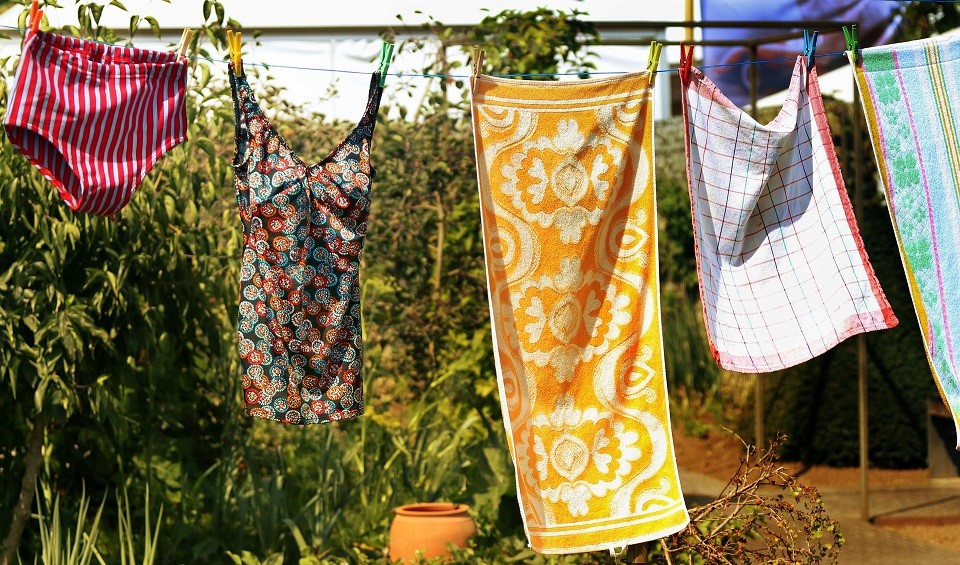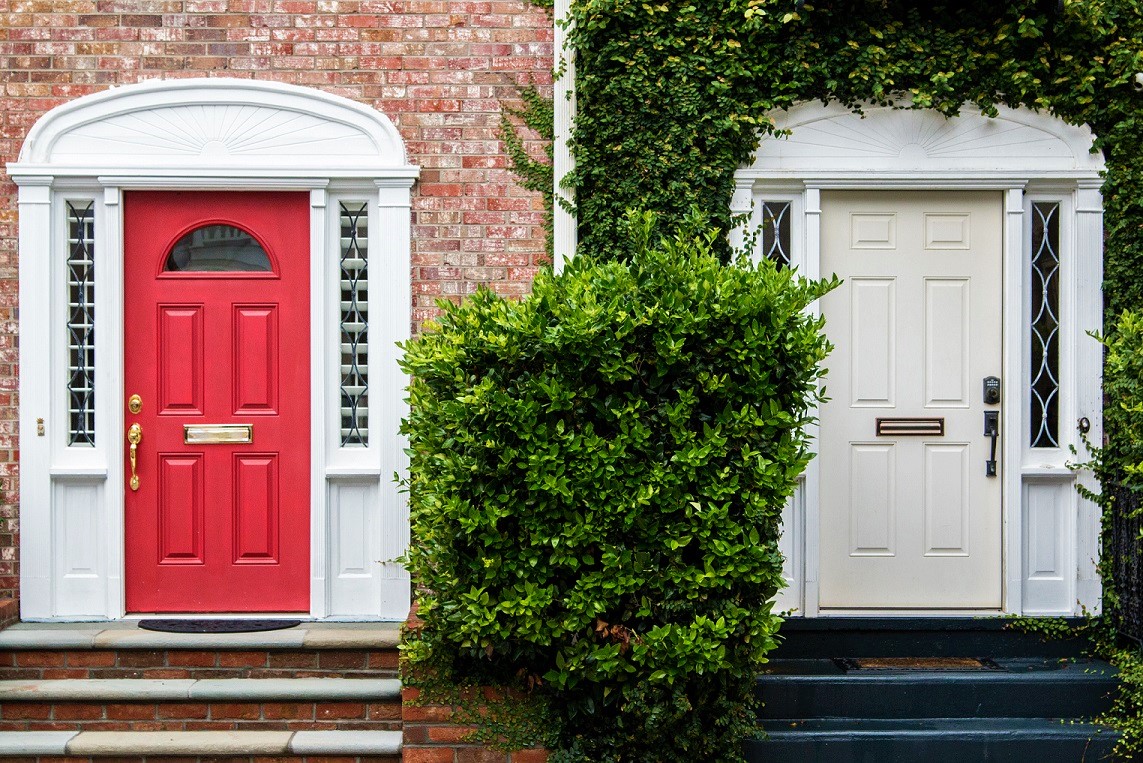What happens when homeowners want to be more “green” than their HOA allows them to be? Know when to work with them, and when the rules are unenforceable.
If you’re looking to move this spring, one of the top considerations for your new place may be whether or not the area is governed by a Homeowners Association (HOA).
Homeowners Associations are organizations with jurisdiction over a neighborhood, such as a subdivision, condo building, or townhouse complex. Those who purchase property within the bounds of an established HOA are typically obliged to become dues-paying members of the organization and to live by its rules. Generally, they concern themselves with the neighborhood’s appearance, such as external house paint colors, roof styles and landscaping, and they can impose fines on homeowners who do not comply with the rules.
On the plus side, association fees, which can be a few hundred dollars every month (or more!) in addition to a rent or mortgage, usually underwrite a reserve fund which is used for major renovation projects or saved for emergency use, which can be a lifesaver when disaster strikes. They may also offer perks and amenities such as professional landscaping, common areas, and snow removal. If making sure your property value remains stable or even inches upward is a major concern for you, forming a covenant with the other homeowners in your area to maintain all the surrounding properties in a conventionally attractive manner can insure that one ugly house on the street (yard full of waist-high weeds and a car up on blocks, perhaps?) doesn’t torpedo everyone else’s resale value.
Unfortunately, not everyone loves living in a community governed by nosy Karens empowered to enforce conformity and make your life measurably harder and more expensive if you stray beyond the boundaries of a bland, generic aesthetic. Heaven forbid you should have some forward-thinking ideas about eco-friendly home renovations or a desire to turn that wasteful front lawn grass monoculture into something useful, like a vegetable garden, or earth-friendly, like a native plant mini-ecosystem!
If you’re someone who dares to be different and yet wakes up every morning within the zone of an HOA, however, there’s still hope. Consider these examples:
Having solar panels installed on your roof is much harder for homeowners governed by an HOA, especially if a shared roof is considered a common area. They may be concerned about poor aesthetics lowering the property value (even though Zillow reported in 2019 that homes with solar panels sold for 4.1% more, or $9274 more for a median-valued home). One HOA in San Jose, CA, tried to make a resident remove their panels twice each year for “roof maintenance,” which would have cost the property owner an extra $5000 annually. Fortunately, some states are catching on and crafting legislation to make “unreasonable restrictions” on solar panel installations illegal, as in California. Last year, the Supreme Court of North Carolina even interpreted a 2007 state law as creating a broad right for homeowners to install solar panels and prohibiting most HOA covenants from blocking it.
Want to upgrade your lawn by going native? The key is research and paying attention to the fine print in your HOA’s rulebook. When Steve Turnipseed, a certified master gardener and founder/president of his local chapter of the Florida Native Plant Society, wanted to design a stunning and eco-friendly native lawn, he was thwarted at first by his HOA-equivalent’s requirement that ground cover be uniform and under a foot tall to create a “neat and tidy, lawn-like” look. Rather than fight, though, he did his homework and found over 100 native species that fit the neighborhood’s exacting requirements, while using much less water than a traditional grass lawn. As a bonus, his landscaping is drought-tolerant and attracts butterflies!
When one Redditor asked for advice about clandestine composting methods that wouldn’t offend their neighbors or their HOA while producing excellent quality fertilizer for their two raised-bed gardens, fellow Redditors were full of ideas to help. One contributor suggested creating layered “lasagna” gardens where compostables could be buried and immediately covered with mulch, like leaves, straw, or wood chips, and allowed to quietly decompose in situ. Another suggested starting a vermiculture system, which can be hidden in a cabinet or basement, to dispose of kitchen scraps.

In 2018, Denise Wuetcher applied to her HOA for permission to hang a clothesline so she could use the hot Florida sun (and much less electricity) to dry her clothes. Permission was originally granted, but later rescinded because the clothesline could be seen from the street (the horror!). She would be fined $100/day, up to the maximum fine of $2500, until she moved it. Florida law, however, said she didn’t have to. She had a right to hang a clothesline wherever it was “most efficient” and would make best use of available sunlight. The HOA sued.
While clotheslines are frequently denied by HOA rules, homeowners in 20 states, including Florida, Texas, and California, have “right to dry” laws which overrule any HOA restrictions that forbid them. If you’re not in a Right to Dry state, it’s still worth talking to the HOA, state and local authorities to advocate for this energy-saving, cheaper alternative to mechanical dryers. As more people become aware of the importance of saving energy and becoming more sustainable, passing such legislation could even make the politicians look good.
HOAs are a tool, and tools can be used for beneficial or harmful ends. If your HOA isn’t as “green” as you are, it may be worth looking into details to see if the HOA is flouting or misinterpreting their own rules, or the rules are unenforceable. Check state and local laws to see if they trump the HOA’s regulations. If it means a lot to you, it may be worth getting active on the HOA board (which is typically a thankless job, despite the power) or, at least, showing up to vote for board elections, since many times there aren’t even enough interested, involved residents to reach a quorum.
Ecological, sustainable changes may not always look as pretty as a butterfly-attracting native landscape, but they’re growing more urgent as the environment changes and becomes less habitable. Remember, property values are incredibly low in places where nobody can actually live. HOAs need to change with the times, and the best way for that to happen is to be run by those willing to change them.
Related: HOA Elections Explained


Join the conversation!